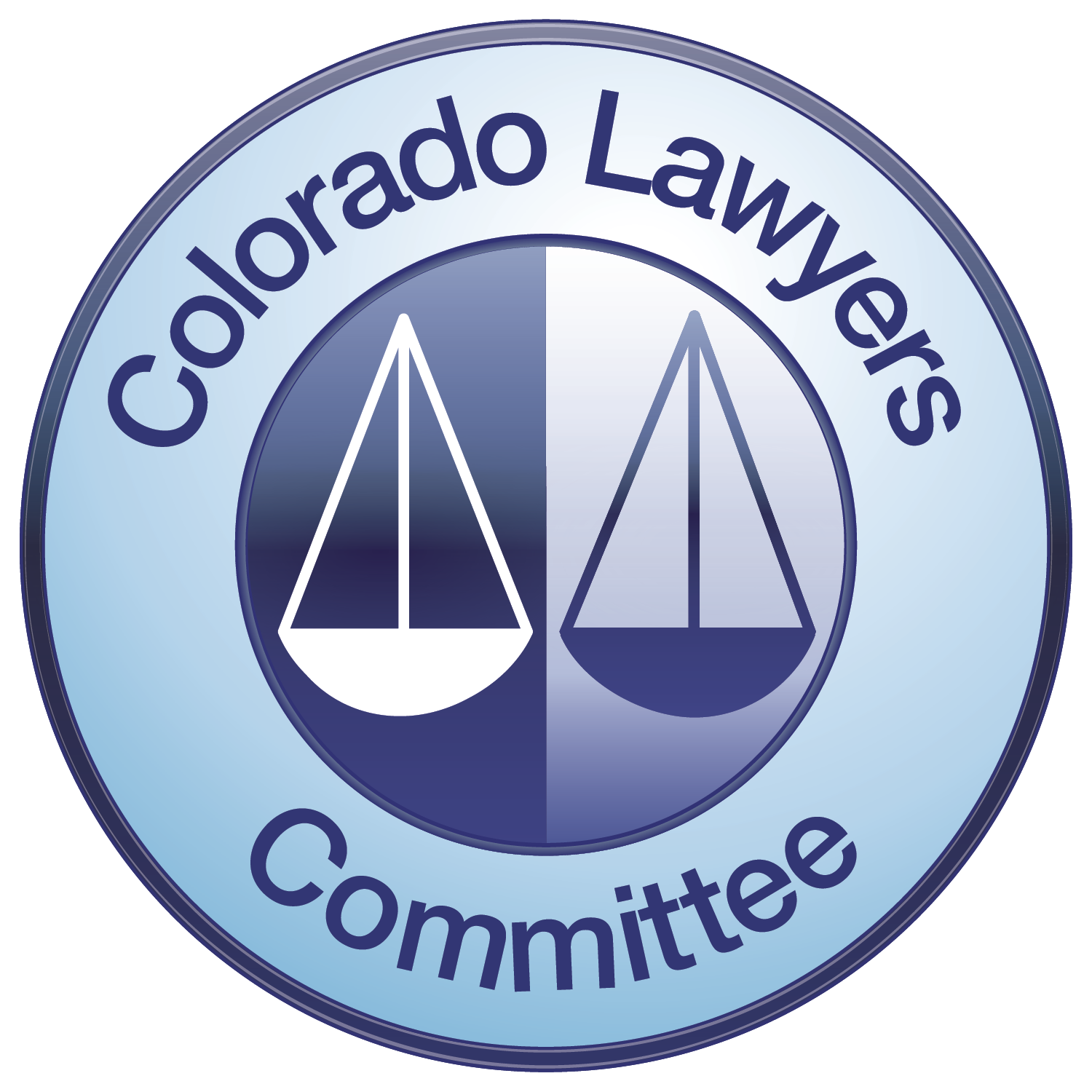medicaid appeals project
During the COVID-19 public health emergency, states like Colorado were required to maintain health care coverage for individuals enrolled in their Medicaid programs. Once the public health emergency ended, however, states were required to re-validate whether their beneficiaries were still eligible for Medicaid coverage. This process has resulted in nearly 16 million Americans losing coverage since this process began. While some individuals are losing coverage because they now have other sources of health insurance (such as an employer plan), many individuals are automatically losing their coverage because they have not been able to complete the necessary paperwork, or because automatic disenrollment processes and complicated appeals procedures have made it impossible for these individuals who should otherwise have Medicaid coverage to receive Medicaid services.
Colorado is not immune to these challenges. Data from the Colorado Department of Health Care Policy and Financing (“HCPF”), which is responsible for administration of the Colorado Medicaid program, indicates that approximately 1/3 of individuals screened each month are being dis-enrolled for what HCPF calls “procedural” reasons. In November, 2023, this resulted in nearly 50,000 Coloradans losing Medicaid coverage.
The Colorado Lawyers Committee has partnered with the Colorado Center on Law and Policy and Colorado Legal Services to help tackle the enormous need for beneficiary assistance in appealing adverse eligibility determinations arising from this process. For enrollees with disabilities, losing coverage even briefly can jeopardize health and safety if they are unable to access medications or home health services. CCLP has met many families and the advocates who work with them and heard about desperate situations – a child whose cancer treatment was interrupted, another whose heart surgery had to be postponed, a child who could not get the seizure medication they needed. People can get continuing benefits while they pursue an appeal, but many are afraid of embarking on the administrative appeal process without an attorney. While some low-income Medicaid recipients qualify for help from CLS, other families with disabled children may be financially ineligible for free legal services but unable to afford an attorney. Their cases typically have merit, and there are few reasons that a person with a disability would become ineligible. In many cases the termination is improper because notice is flawed, violating due process requirements for entitlement programs.
We are asking for pro bono volunteers to help handle a small subset of these appeals – beneficiaries who did not receive proper notice of the termination of their Medicaid eligibility. Volunteer attorneys will receive training, and do not need to be lawyers specializing in health care or in litigation in order to be of great help to this vulnerable population.
TRAINING DETAILS
We are hosting our initial training with CCLP and CLS on Monday, January 29, from 4:00 - 6:00 PM. The virtual training will be held via Zoom. This training session will also be recorded so that those who are unable to make it can view the training at a later date. You DO NOT need to attend the training on January 29 to be a volunteer. You can watch the training video at a later date.
We look forward to your participation on behalf of this incredibly vulnerable population.
